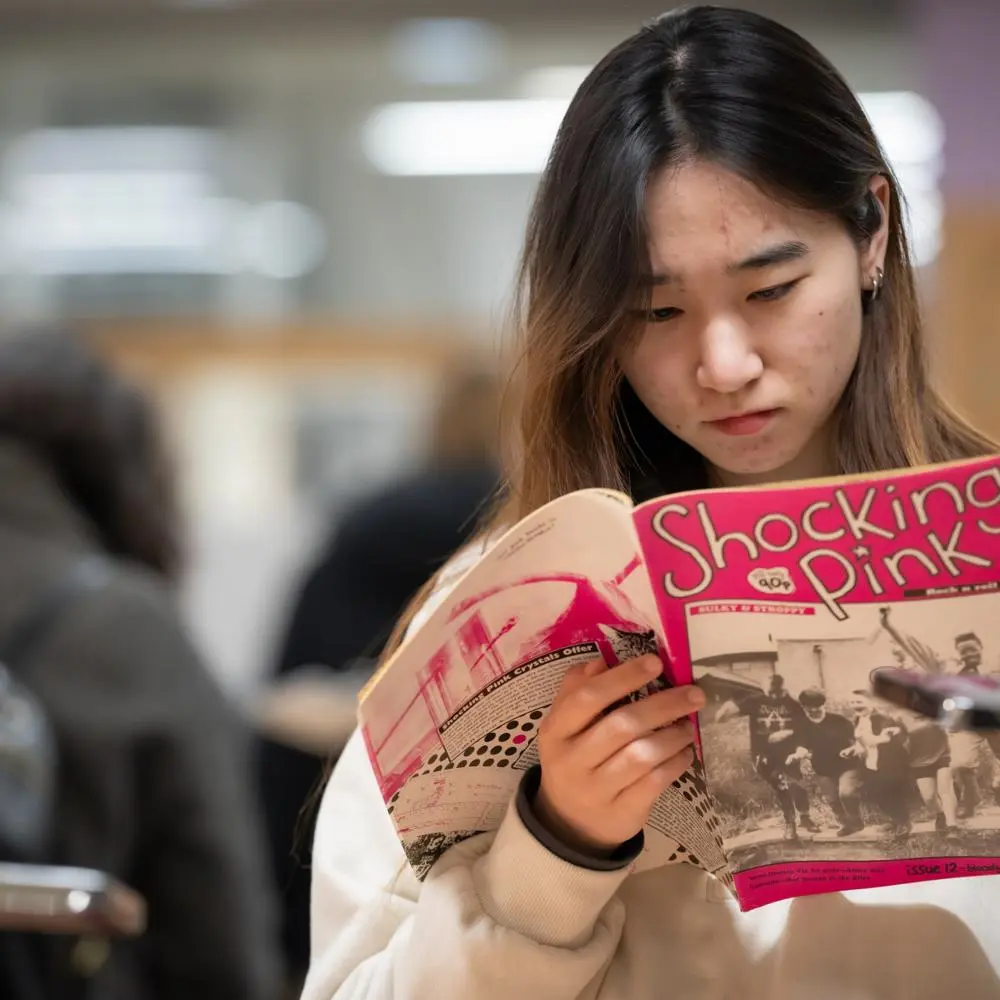Is a faith shaped peace only powerful for the 1930s, not 2030s?

Is faith a timeless force for peace or just a relic of the past?
Join us for this special event with John Cooper of the Fellowship of Reconciliation as he delivers the George Lansbury Memorial Trust’s annual lecture, hosted by LSE Library. George Lansbury’s political witness was deeply shaped by his faith. This found root in the Fellowship of Reconciliation, which supported and encouraged his pacifism. His faith shaped understanding of peace gave him answers to queries raised by the horrors of newly mechanised warfare, but could it help answer some of today’s challenges? In an era of continued conflict in the Middle East, increasing pressures on multiculturalism, decreasing trust in global institutions and rising Christian Nationalism, is it healthy to mix faith and politics?
Join us for a drink after the talk, where there will be an opportunity to view the Library’s current exhibition.
About LSE Library
The British Library of Political and Economic Science (@LSELibrary) was founded in 1896, a year after the London School of Economics and Political Science. It has been based in the Lionel Robbins Building since 1978 and houses many world-class collections, including The Women's Library. The Library’s archives include the Papers of George Lansbury (which have been digitised and are freely available online), as well as the Fellowship of Reconciliation (London Union) and national branch, which are available to all.
About the George Lansbury Memorial Trust
The George Lansbury Memorial Trust was founded in 2012 to commemorate the life, work and legacy of George Lansbury (1859–1940). A pioneering campaigner for peace, women’s rights, local democracy and improvements in labour conditions, Lansbury was an adopted East Ender who made a great contribution to local as well as national life. George Lansbury, MP for Bow & Bromley, led the Labour Party from 1932–1935 and spent his political life campaigning for social justice, women’s rights and world disarmament. The Lansbury Estate in Poplar is named after him. It was built as part of the 1951 Festival of Britain, as an example of ‘housing for the people’ after the Second World War.
About the Fellowship of Reconciliation
The Fellowship of Reconciliation was founded in 1914 as a faith-based response to impending war. Ever since it has kept alive a faith-shaped vision of peace, justice and nonviolence. This is currently achieved through providing opportunities for Education and Action, alongside networking with sister branches in 4 continents of the globe. As part of the International Fellowship of Reconciliation we have representation at the UN and work in all arenas alongside likeminded people and organisations of faith and no faith. George Lansbury was just one of many world-changing members. Read more about the Fellowship of Reconciliation.
Biographies
Chair: Reverend James Walters
James Walters is founding director of the LSE Faith Centre and LSE Religion and Global Society. Professor Walters studied theology at Cambridge University and writes on the interface of theology, philosophy, and political science. He has published five books including Loving Your Neighbour in an Age of Religious Conflict (Jessica Kingsley 2019), Religious Imaginations: How Narratives of Faith are Shaping Today’s World (ed. Gingko Library 2018) and a theological engagement with the work of the French philosopher Jean Baudrillard. Professor Walters is a priest in the Church of England. He is an honorary canon of Chichester Cathedral in West Sussex, a member of the Academic Board of the Archbishop of Canterbury’s Examination in Theology, and a member of the governing council of Westcott House Theological College.
Speaker: John Cooper
John is Director of the Fellowship of Reconciliation, a post he started in May 2019. Prior to this he has worked in a wide range of faith based organisations that help connect faith, politics and the world around. This has included Christian Aid, the Joint Public Issues Team and All We Can. He has a strong personal interest in social history, faith in the public square and exploring the intersection between peace and many of the other major challenges facing the word. He has previously given service to the co-operative movement serving on the Member Relations Committee for Midlands Co-operative Society and co-founding a social justice film co-op. When not at work he can be found active online, helping raise a boisterous family, out on a bike or taking photos and training to be a lay preacher in the Methodist tradition. He holds a BA in Politics, International Relations, third World and Development Studies from Middlesex University.
Further information
From time to time there are changes to event details so we strongly recommend that if you plan to attend this event you check back on this listing on the day of the event.
Whilst we are hosting this listing, LSE Events does not take responsibility for the running and administration of this event. While we take responsible measures to ensure that accurate information is given here this event is ultimately the responsibility of the organisation presenting the event.
LSE holds a wide range of events, covering many of the most controversial issues of the day, and speakers at our events may express views that cause offence. The views expressed by speakers at LSE events do not reflect the position or views of the London School of Economics and Political Science.
